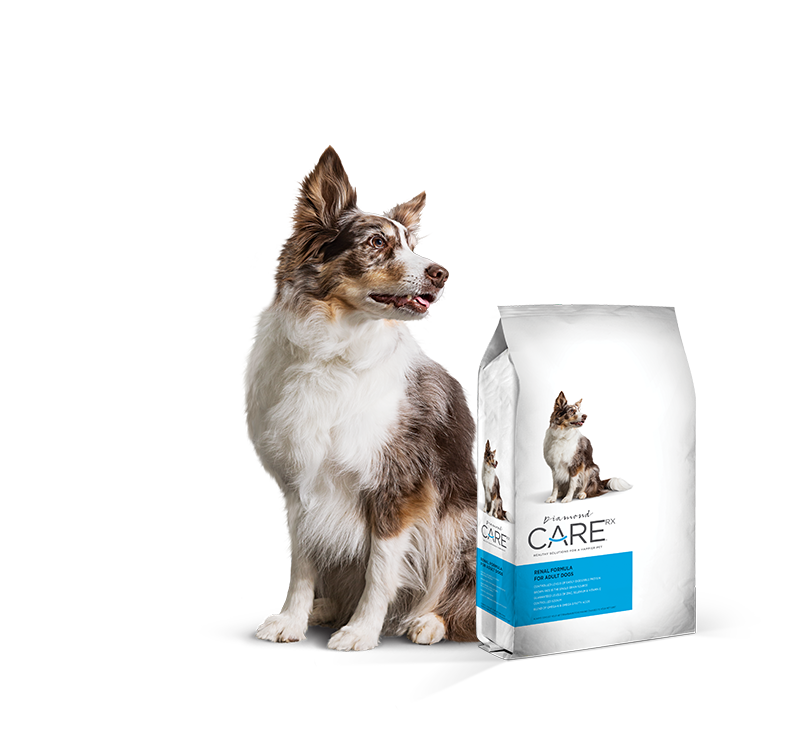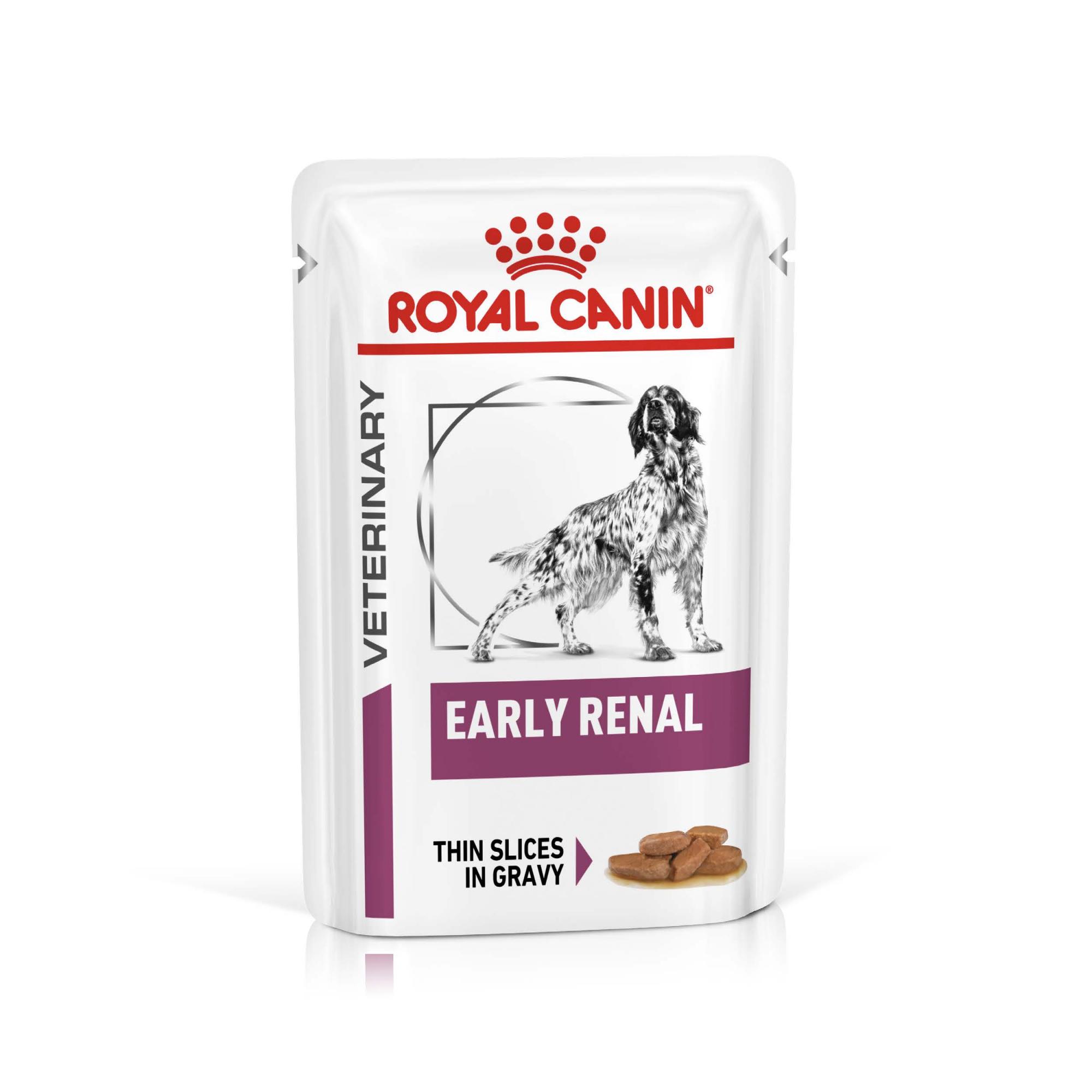Renal care dog food plays a pivotal role in managing renal disease, a common health concern among canine companions. This comprehensive guide delves into the importance of renal function, dietary considerations, feeding strategies, and additional care measures to empower pet owners with the knowledge they need to support their furry friends’ kidney health.
Understanding the intricacies of renal function, the causes and symptoms of renal disease, and the nutritional requirements of dogs with kidney issues is crucial. This guide provides a detailed overview of these aspects, equipping readers with the foundation for making informed decisions about their pet’s diet and care.
Renal Function in Dogs

Renal function is crucial for maintaining a dog’s overall health. The kidneys play a vital role in filtering waste products from the blood, regulating fluid balance, and producing hormones essential for various bodily functions.
Causes of Renal Disease in Dogs
Renal disease can result from various causes, including infections, autoimmune disorders, genetic predispositions, and certain medications. Common symptoms of renal disease in dogs include increased thirst, frequent urination, lethargy, vomiting, and decreased appetite.
Role of the Kidneys in Waste Filtration and Fluid Regulation
The kidneys filter waste products from the blood through a process called glomerular filtration. The filtered waste is then excreted in the urine. The kidneys also regulate fluid balance by controlling the amount of water reabsorbed into the bloodstream. This process ensures that the body maintains an appropriate level of hydration.
Dietary Considerations for Dogs with Renal Disease: Renal Care Dog Food

Managing the diet of dogs with renal disease is crucial for their well-being and longevity. By understanding their specific nutritional requirements and making appropriate dietary modifications, pet owners can support their canine companions in managing this condition.
The primary goal of a renal-friendly diet is to reduce the workload on the kidneys and slow the progression of the disease. This involves limiting the intake of certain nutrients that can put extra strain on the kidneys, while ensuring adequate intake of essential nutrients.
Protein Intake
Dogs with renal disease require a diet low in protein. High protein intake can increase the production of waste products, which can be difficult for the damaged kidneys to filter. Restricting protein intake helps reduce the accumulation of these waste products in the bloodstream, alleviating the burden on the kidneys.
Phosphorus Intake
Phosphorus is another nutrient that needs to be limited in the diet of dogs with renal disease. High phosphorus levels can lead to secondary hyperparathyroidism, a condition that can cause bone disease and other complications. A renal-friendly diet should contain low levels of phosphorus to prevent this.
Sodium Intake, Renal care dog food
Sodium intake should also be restricted in dogs with renal disease. Excessive sodium can lead to fluid retention and high blood pressure, which can further strain the kidneys. A low-sodium diet helps reduce fluid buildup and maintain normal blood pressure.
Potassium Supplementation
Dogs with renal disease may benefit from potassium supplementation. Potassium is an essential mineral that can be lost through urine in dogs with kidney disease. Supplementing with potassium helps maintain normal electrolyte balance and prevent muscle weakness.
Antioxidants and Omega-3 Fatty Acids
Antioxidants and omega-3 fatty acids have been shown to have beneficial effects in dogs with renal disease. Antioxidants help protect the kidneys from oxidative damage, while omega-3 fatty acids have anti-inflammatory properties that can help reduce inflammation in the kidneys.
Detailed FAQs
What is the primary function of the kidneys in dogs?
The kidneys play a crucial role in filtering waste products from the blood, regulating fluid balance, and maintaining electrolyte levels, ensuring the overall health and well-being of dogs.
What are the common causes of renal disease in dogs?
Renal disease in dogs can be caused by various factors, including infections, genetic disorders, certain medications, and age-related changes. Early detection and management are essential to slow the progression of the disease and improve the dog’s quality of life.
How does renal care dog food differ from regular dog food?
Renal care dog food is specially formulated to meet the nutritional needs of dogs with renal disease. It typically contains lower levels of protein, phosphorus, and sodium, while being rich in essential nutrients like potassium, antioxidants, and omega-3 fatty acids, which support kidney function and overall well-being.

